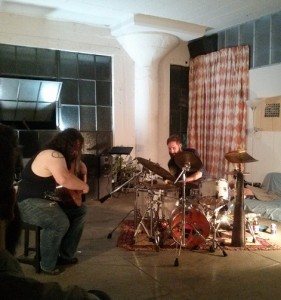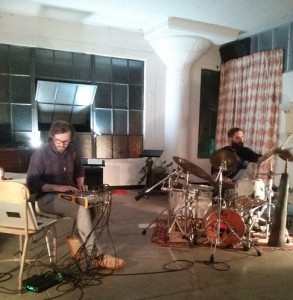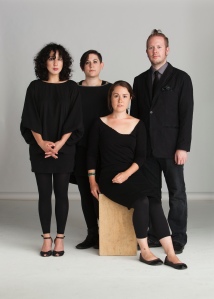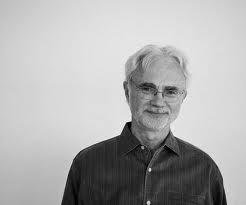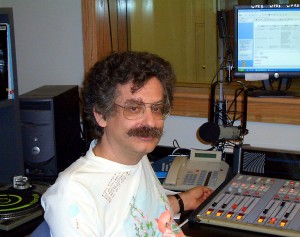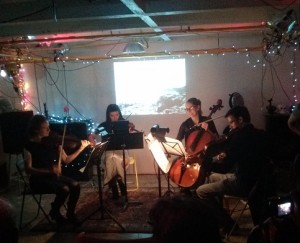File Under ?’s Best Recordings of 2013 (in no particular order)

Yvar Mikhashoff, Panorama of American Piano Music (Mode)
Robert Levin and Ursula Oppens, Piano Music 1960-2010 – Bernard Rands (Bridge)
New York Polyphony, Time Go By Turns (BIS)
Julia Holter, Loud City Song (Domino)
Jennifer Koh and Shai Wosner, Signs, Games, and Messages (Cedille)
Christopher O’Riley, O’Riley’s Liszt (Oxingale)
Boards of Canada, Tomorrow’s Harvest (Warp)
Oneohtrix Point Never, R Plus Seven (Warp)
Lewis Spratlan, The Architect (Navona)
Julianna Barwick, Nepenthe (Dead Oceans)
Stile Antico, The Phoenix Rising (Harmonia Mundi)
Gloria Cheng, Calder Quartet, The Edge of Light – Messiaen/Saariaho (Harmonia Mundi)
Pierre Boulez, Complete Works (DG)
Phosphorescent, Muchacho (Dead Oceans)
The Knife, Shaking the Habitual (Rabid)
Ian Pace, The History of Photography in Sound – Michael Finnissy (Métier)
Chris Thile, Sonatas and Partitas, Vol. 1 – J.S. Bach (Nonesuch)
BMOP, Lamia – Jacob Druckman (BMOP Sound)
Joshua Perkins et al., Inuksuit – John Luther Adams (Cantaloupe)
Jeremy Denk, Goldberg Variations – J.S. Bach (Nonesuch)
Ensemble musikFabrik, Tongue of the Invisible – Liza Lim (Wergo)
Tim Berne’s Snakeoil, Shadow Man (ECM)
Craig Taborn Trio, Chants (ECM)
Carolin Widmann, Frankfurt Radio Orchestra, Violin and Orchestra – Morton Feldman (ECM)
Matt Mitchell, Fiction (Pi)
Bryn Roberts, Fables (Nine Eight)
Caroline Chin and Brian Snow, Tre Duetti – Elliott Carter (Centaur)
R. Andrew Lee, November – Dennis Johnson (Irritable Hedgehog)
Spektral Quartet – Chambers (Parlour Tapes)
Kronos Quartet and Bryce Dessner – Aheym (Anti)
New York Virtuoso Singers – 25×25 (Soundbrush)
